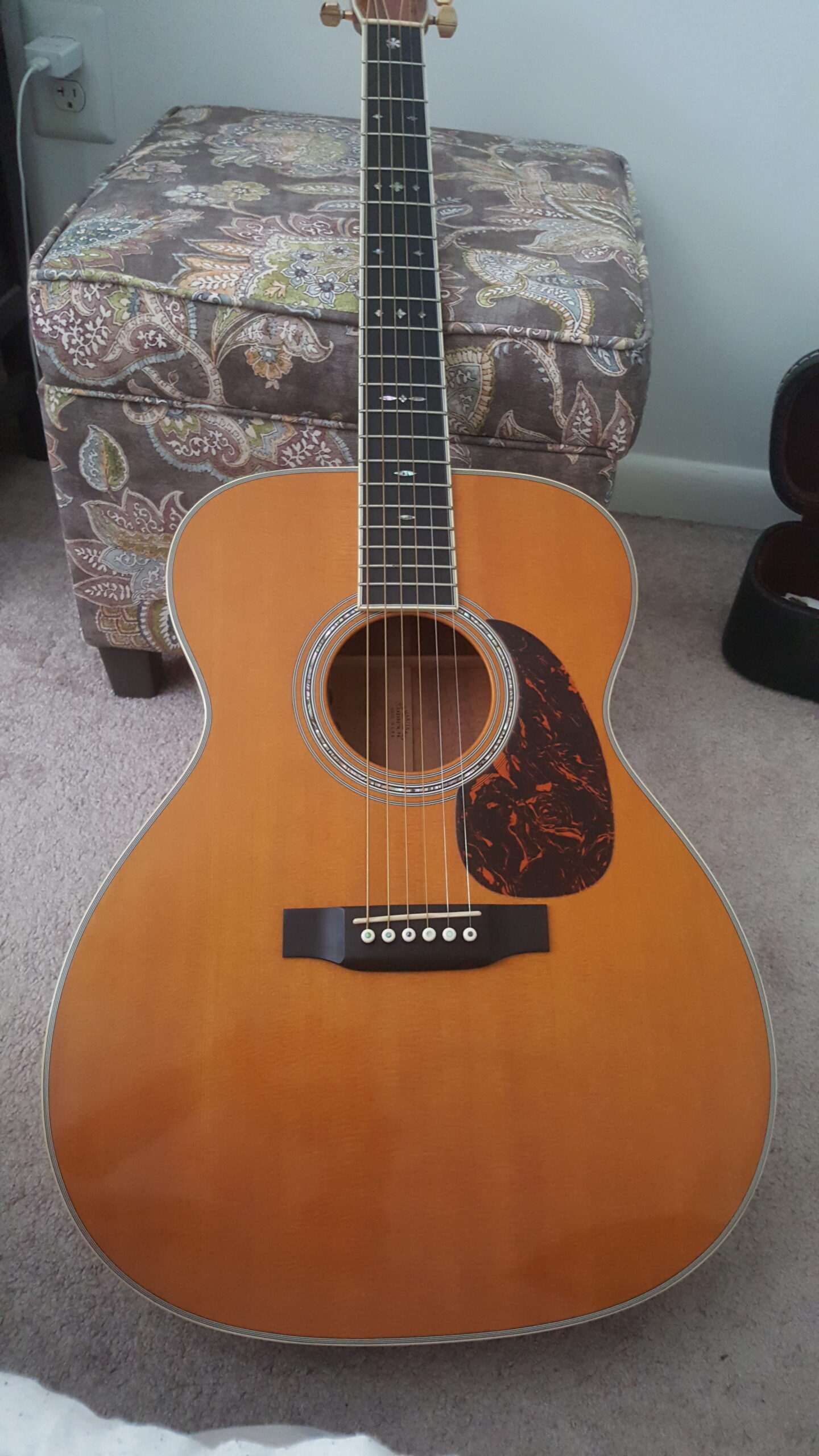Two episodes of Sound Philosophy have just been posted, both dealing with Highlife Music from Ghana. Episode 13, “Syncretism and Highlife Music of Ghana,” discusses syncretism (the amalgamation of different religions, philosophies, cultures, or schools of thought) as it applies to music in the colonial situation of Ghana at the end of the 19th and beginning of the 20th century. Syncretism is not simple amalgamation, however. It can involve accommodation but it can also be a subtle form of rebellion. Using this concept as a platform, I turn to various forms of Ghanian popular music that fed into highlife and then the early years of highlife itself. I take a close look at the song “Yaa Amponsah,” first recorded by the Kumasi Trio (featuring Kwame Asare, also known as Jacob Sam, on guitar) in 1928.
Episode 14, “Nietzsche’s Rausch, Aesthetic Form, and Highlife Music,” uses Highlife music of Ghana to investigate a Nietzschean take on aesthetic attunement (what he terms Rausch), aesthetic form, and the production of the self. I begin by outlining how Ghanians employed ahaha, konkoma, and dance highlife to create a new sense of self for young people after the colonialist disruption of traditional modes of life and hierarchy. I then to turn to Schopenhauer and Nietzsche’s ideas concerning aesthetic attunement which is disinterested and yet passionate in order to assess how music might be employed in the production of the self. In the last segment, I broach the issue of Nietzschean “bad conscience” as it pertains to the colonial situation. I end by imagining how highlife music might be construed as a reversal of bad conscience, a way of turning the suffering of the passions into joy.
Listen and enjoy!

